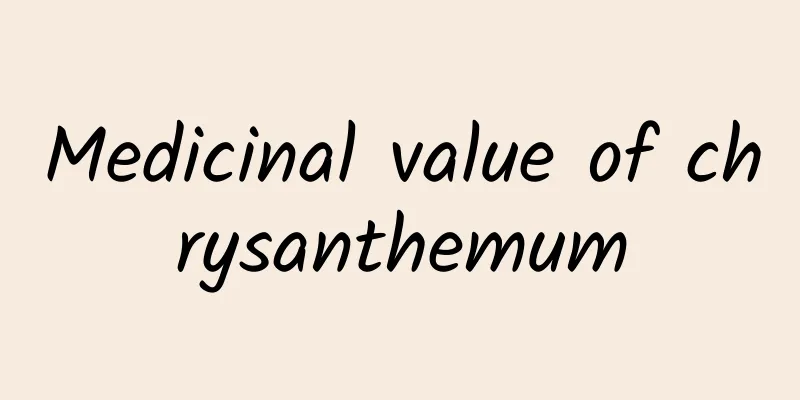The efficacy and function of Guangdong and Guangxi Tuberous Foot Fern

|
Do you know the Guangdong and Guangxi knotty fern? It is a relatively common Chinese medicinal material and is very helpful for some diseases. Let me show you today. [Source] Medicinal material source: The rhizome of Pteris chinensis of the family Pteris chinensis. [Original morphology] The rhizome is cylindrical, about 5cm high, 3cm thick, and upright. The leaves are herbaceous, green after drying, with nutrient petioles 20 cm long, triangular, and brown straw color; the blades are 35 cm long, 16 cm wide, narrowly oblong, base not narrowed, and pinnately deeply fissured at the top; there are about 15 pairs of pinnae, alternate, 2.5 cm apart, flat, slightly sloping upward, lanceolate, not sickle-shaped, with the base pair the same length as the upper pairs, sessile, 7-9 cm long, 1.2 cm wide, and gradually pointed; the pinnae at the top of the blade are gradually shorter and fused, with the terminal pinna slightly longer than the one below, slightly shallowly fissured at the base, and short wavy teeth on the edge. The leaf veins are flat, mostly forked, and obvious on both sides. The spore leaves are much taller than the nutrient leaves, with a petiole of 30-40 cm long, a leaf blade of 30 cm long, and pinnae of 5-8 cm long and about 3 cm wide, linear, with obvious petioles and blunt heads. [Habitat distribution] Ecological environment: Grown by the stream under the forest at an altitude of 900m. 【Nature and flavor】 Slightly bitter; cool 【Functions and indications】 Clears away heat and detoxifies. Major influenza [Usage and Dosage] For oral use: decocted in water, 9-15g. 【Excerpt】 Chinese Materia Medica The above introduces some basic knowledge about the Guangdong and Guangxi Knot-footed Fern. I believe many people will have a better understanding of the Guangdong and Guangxi Knot-footed Fern after reading it. There are many other medicinal herbs that we often come into contact with in our daily lives. If you have time, you might as well learn more about them. |
<<: The efficacy and function of two-sided thorn
>>: The efficacy and function of safflower
Recommend
The efficacy and function of golden grass
Golden grass is a common Chinese medicinal materi...
Antioxidant King! People who often eat these 6 types of food really age slowly
Planning丨Zhong Yanping Visual丨Zhu Hangyue Design丨...
What are the effects and functions of Schisandra chinensis?
Schisandra chinensis is a traditional Chinese med...
Highly cute alert! We are serious about rescuing wild animals!
The Oriental White Stork is an endangered species...
How to distinguish the authenticity of Fritillaria cirrhosa
I believe many friends will find that most cough ...
The efficacy and function of big head tea
In daily life, people are not only very familiar ...
What makes cross-border e-commerce full of opportunities and challenges?
Online shopping has gone international since the ...
The efficacy and function of ginkgo
Ginkgo is a kind of traditional Chinese medicine ...
Frequent dreaming vs. seldom dreaming, who has better sleep quality? The answer is...
People often ask: Oh, I dream too much at night. ...
The efficacy and function of yellow catfish cheek bone
As people's living standards improve, they pa...
The role and efficacy of camphor oil
Camphor tree is a relatively common tree, and man...
How to eat Dendrobium officinale powder
We all know that Dendrobium officinale is a very ...
The efficacy and function of the root of Ficus microcarpa
The root of the banyan tree is something that man...
The efficacy and function of mercury
Mercury is a medicinal ingredient that can treat ...









